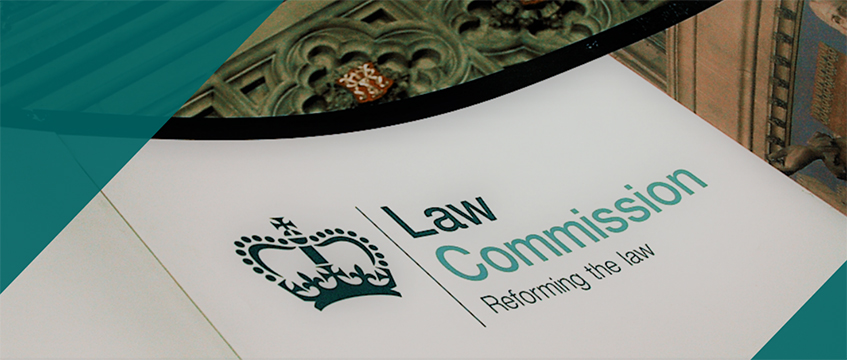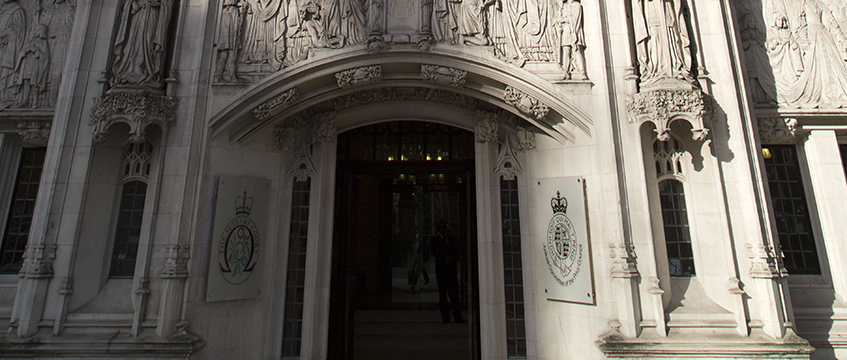Secure tenancy — Council tenant — Right to buy — Valuation of property — Outstanding rent review — Improvements and repairs to be distinguished for valuation purposes — Valuer to disregard only those works within statutory meaning of “improvements” in right to buy legislation — Rent determined without regard to right to buy — Appeal dismissed
The appellant was a secure council tenant of a dwelling-house known as “The Hollies”, The Ridgeway, in the London Borough of Enfield. The tenancy arose under an agreement for lease dated December 21 1984 for a 20-year term from August 1 1984 at an initial rent of £3,150 pa payable by equal quarterly payments in advance with provision for five-year rent reviews. The rent was to be fixed by the court at a figure which was fair and reasonable. There was an outstanding rent review from August 1 1989. The appellant exercised his right to buy pursuant to the Housing Act 1985. The valuation date for ascertaining the purchase price was February 3 1988. By the agreement, the appellant was under a full repairing covenant. The appellant had carried out extensive works which he said were improvements which increased the value of the property but were to be disregarded in calculating the value of the property under the right to buy: section 127 of the 1985 Act.
The county court held that certain works carried out by the appellant should be classed as “repairs” not “improvements” and should not be disregarded for valuation purposes. The appellant appealed.
Held The appeal was dismissed.
1. In valuing a dwelling-house, the valuer was required to disregard two matters. (1) The existence of any improvements which the tenant had carried out to the property; that protected the tenant from having to pay twice over for the improvements, once when he made them and once by paying an increased price for the freehold. (2) The tenant’s failure to carry out internal repairs. This protected the landlord which was entitled to receive the full value of the property in a state of good internal repair whether or not the tenant had in fact kept it in that condition.
2. The statutory disregard was limited to those works which constituted “improvements”. The meaning of the word “improvements” in Part V of the Act was not used in a wide, general or popular meaning but had the specific meaning given to it by section 187. The expression “repairs” and “improvements” had the meanings which were well understood in the context of the law of landlord and tenant where they were treated as mutually exclusive.
3. As a matter of fact and degree, the works which the tenant undertook were not so extensive that they went beyond mere repair and renewal. The judge was obliged to examine the constituent items singly in order to determine their character and his decision that some of them constituted improvements and some repairs was unassailable.
4. As regards the rent review, the question was whether the increase came within section 101 which provided that rent was not to be increased on account of the tenant’s improvements. That section had to be applied generally to the determination of the rent. However, the valuer should have regard only to those works properly described as improvements.
5. The existence of the right to acquire the freehold could not be separated from the right to acquire it at a discount. Accordingly, the rent should be determined without regard to the statutory right to buy.
Derek Wood QC and Daphne Romney (instructed by Malkins) appeared for the tenant; Wayne Clark (instructed by the solicitor to Enfield London Borough Council) appeared for the council.










